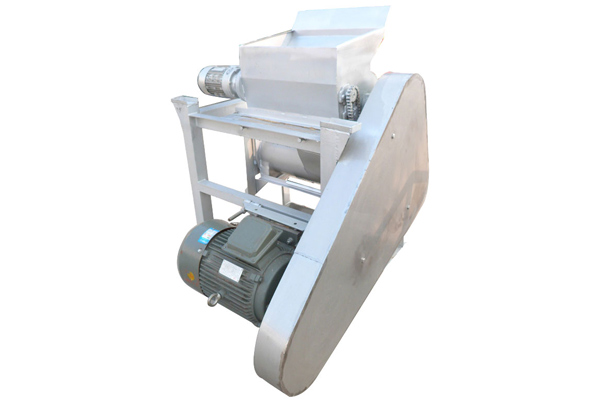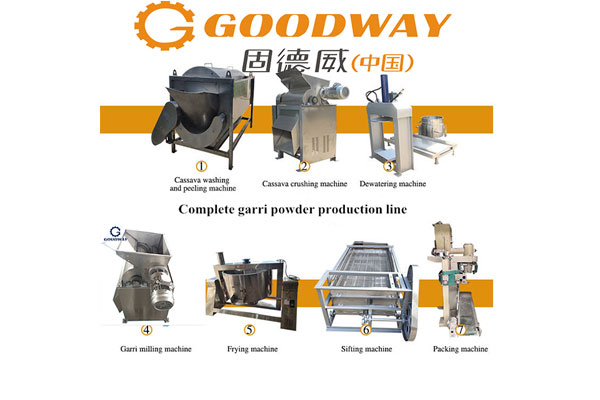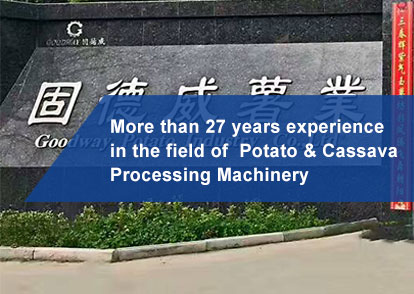Industrial development is rapid, and people's nostalgia for manual work is persistent, but is handmade necessarily better than industrial cassava starch processing in terms of quality?
We can analyze it from four aspects: color, taste, moisture content, and hygiene and safety.
I. Taste of cassava starch processing
Impurity content is an important factor affecting taste. Industrial cassava starch processing is carried out on a production line equipped with professional cassava starch processing equipment. The cassava starch processing production line adopts professional cleaning, filtering, and mud and sand removal devices, which can fully remove various sizes of impurities in the starch. At the same time, subsequent dehydration and drying as well as automatic packaging equipment can effectively avoid secondary pollution of starch.
Manual production can only remove large particle impurities, and subsequent drying and packaging are also prone to secondary pollution, increasing the impurity content.
Obviously, in impurity treatment, manual production is far inferior to industrial starch, and the taste is naturally not as delicate as industrial starch.
II. Color of cassava starch processing
During manual starch production, the continuity of the production process cannot be guaranteed, especially in the grinding and separation process, where the material will oxidize and darken, resulting in poor appearance.
During industrial starch production, the continuity of production can be ensured. Especially in the grinding and separation process, extrusion mill or overflow wash-type potato starch mill is used, which can integrate crushing and separation to avoid oxidation and browning in the starch extraction process, and the produced starch has a clean, white, and bright color.
III. Moisture content of cassava starch processing
If the moisture content of cassava starch is high, it is not easy to store. The drying effect of industrial starch can reach the superior grade of about 12% moisture content, and the starch is dry and has a low moisture content in a loose powder state; manual starch is in small pieces, with a moisture content of 15%-20%, and a high moisture content, which is not easy to store.
IV. Hygiene and safety of cassava starch processing
Manual starch production often lacks security testing, and there is no real guarantee in the production process and transportation, so its food safety and hygiene conditions may not be better than the industrial machine-made starch.
Manual work is indeed closer to nature than machine-made work, but it cannot be assumed that it is necessarily better than industrial starch in terms of quality. Moreover, manual work itself is only a means, and the human and simple emotions behind it are what we need to cherish.

 EN
EN
 fr
fr  es
es  it
it  pt
pt 








